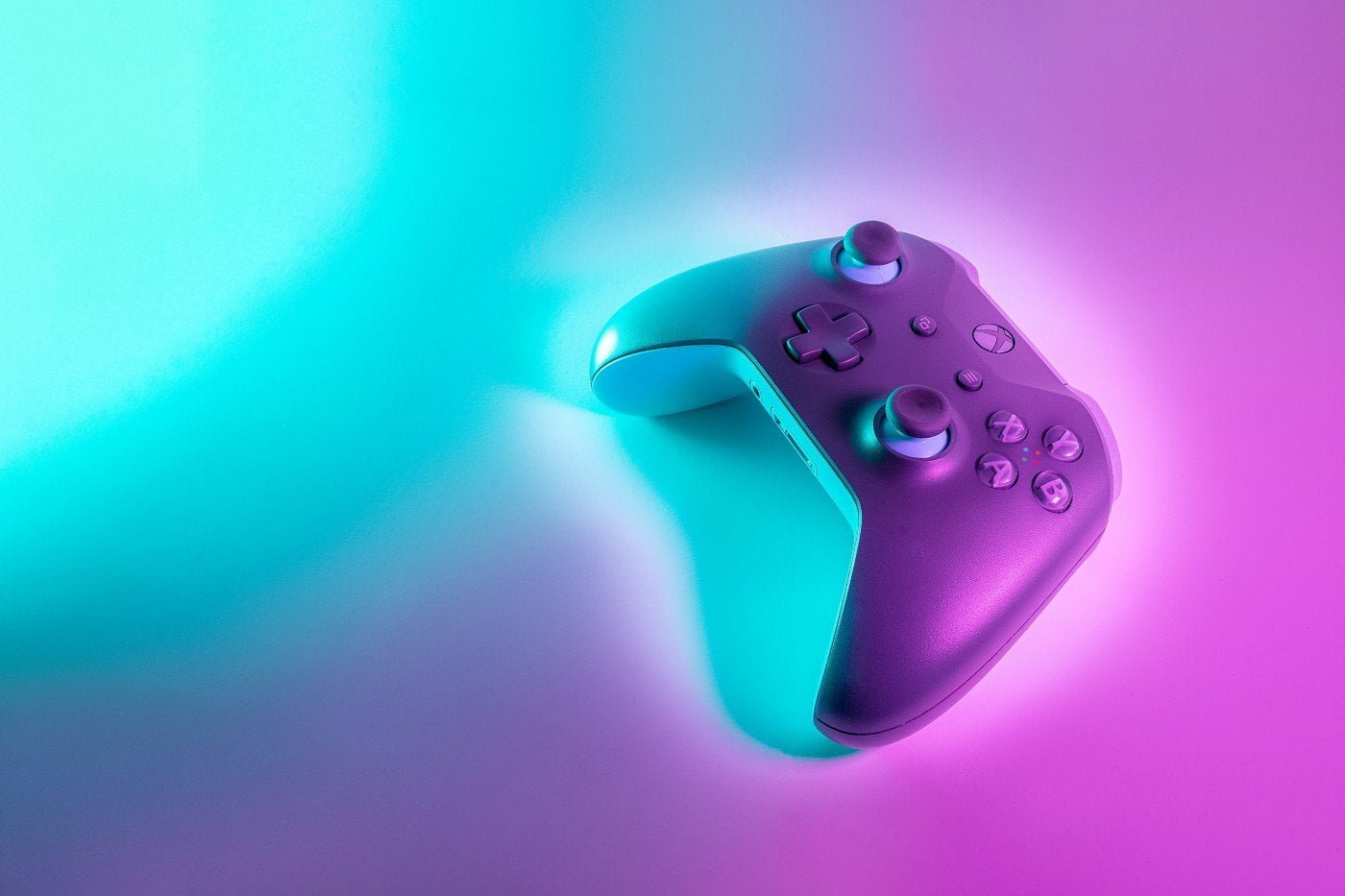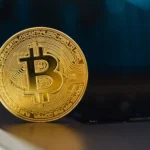Unity Gaming Engine Launches Blockchain and Web3 Integration Options – Unity, a major player in the gaming industry, has recently declared its support for several new blockchain technologies within its engine. These options, tailored towards developers, will enable users to attain genuine ownership of their in-game assets, in addition to managing tokens and digital identity solutions that can be transferred to the physical world.
As a result, game developers can seamlessly utilize and incorporate these technologies into their games, without worrying about the technical complexities associated with blockchain implementations. This encompasses the creation of play-to-earn games as well as NFT-centric experiences, allowing developers to concentrate on crafting immersive gameplay rather than grappling with technical issues.
People Also Read: Puerto Rico Defines Act 60 Tax Exemptions for Blockchain Companies
The blockchain services deemed as “verified solutions” consist of 13 distinct software development kits that can be integrated into games. Aikon Ore ID, Algorand, Altura, Aptos Labs, Dapper Labs, Immutable X, Infura, Metamask, Nefta, Pocketful of Quarters, Solana, Tezos, and Truffle are the decentralized solutions available for different purposes. There are various tools available, including token management wallets, digital identity management tools for virtual worlds, and metaverse creation options.
These verified solutions can be accessed for free on the Unity Asset Store, making it easier for small developers to use them for training and building apps that integrate blockchain technology. As a result, the barrier to access these tools is lowered. The Sandbox and Decentraland are two of the most prominent blockchain-powered experiences on the market, and they both use Unity as their platform.
According to John Riccitiello, the CEO of Unity, he is optimistic about the future adoption of these technologies. In June, he shared his vision of transforming the internet into a series of interconnected metaverse sites by 2030. This move is particularly significant since more than 50% of the real-time experiences in the gaming market are already built using Unity tools, making it easier to integrate these technologies into existing games.
READ MORE
Chinese Government Launching National Blockchain Innovation Center
Industrial Giant Siemens Issues €60 Million Digital Bond on Blockchain
Argentina Organizes National Blockchain Committee to Implement State Level Strategy




